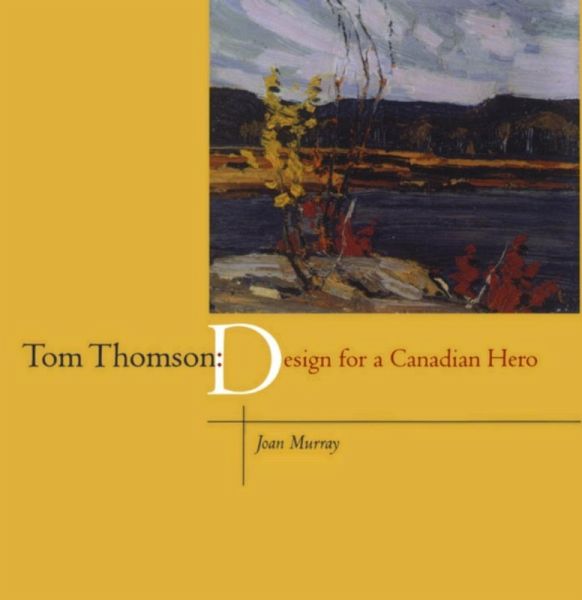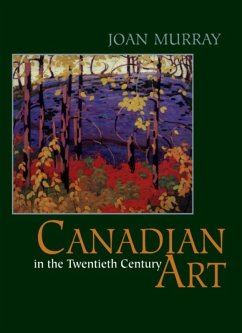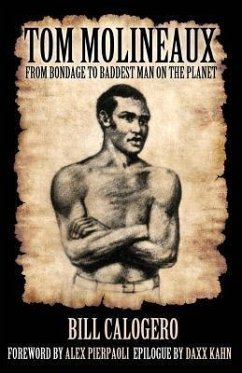
Tom Thomson (eBook, ePUB)
Design for a Canadian Hero

PAYBACK Punkte
3 °P sammeln!
This is an intimate biography of an artist who became a legend after his death, but who in his private life stands revealed as a troubled man who was, in many ways, his own victim.Joan Murray's new biography is part detective work, too: she investigates his beliefs, and the origins of his great masterpieces, and provides a convincing description of the possible circumstances of his death.The art of Tom Thomson represents one of the high points of Canadian modernism, which flourished in the first two decades of this century. During his brief career, lasting just five years, Thomson evolved a hi...
This is an intimate biography of an artist who became a legend after his death, but who in his private life stands revealed as a troubled man who was, in many ways, his own victim.
Joan Murray's new biography is part detective work, too: she investigates his beliefs, and the origins of his great masterpieces, and provides a convincing description of the possible circumstances of his death.
The art of Tom Thomson represents one of the high points of Canadian modernism, which flourished in the first two decades of this century. During his brief career, lasting just five years, Thomson evolved a highly intense, naturalistic style, introducing formal innovations and challenging the idiom of the tonal landscape of painters popular in his day. Thomson's idiosyncratic expressionist landscape art reflected the intellectual and psychological climate of pre-World War I Canada. It developed against the complex cultural background that produced the poets Bliss Carmen and Duncan Campbell Scott and, later, the painters of the Group of Seven.
Despite his short creative life, and only half a decade of mature artistic activity, Thomson, a superb designer, produced an extensive body of work - more than thirty canvases and three hundred oil sketches - in a remarkably personal style, characterized by unusual colour combinations and strong patterns. Through it he conveyed the existential dimension of nature, making Algonquin Park - its trees, waters, and winds - the principal subject of his work.
Joan Murray's new biography is part detective work, too: she investigates his beliefs, and the origins of his great masterpieces, and provides a convincing description of the possible circumstances of his death.
The art of Tom Thomson represents one of the high points of Canadian modernism, which flourished in the first two decades of this century. During his brief career, lasting just five years, Thomson evolved a highly intense, naturalistic style, introducing formal innovations and challenging the idiom of the tonal landscape of painters popular in his day. Thomson's idiosyncratic expressionist landscape art reflected the intellectual and psychological climate of pre-World War I Canada. It developed against the complex cultural background that produced the poets Bliss Carmen and Duncan Campbell Scott and, later, the painters of the Group of Seven.
Despite his short creative life, and only half a decade of mature artistic activity, Thomson, a superb designer, produced an extensive body of work - more than thirty canvases and three hundred oil sketches - in a remarkably personal style, characterized by unusual colour combinations and strong patterns. Through it he conveyed the existential dimension of nature, making Algonquin Park - its trees, waters, and winds - the principal subject of his work.
Dieser Download kann aus rechtlichen Gründen nur mit Rechnungsadresse in A, D ausgeliefert werden.













